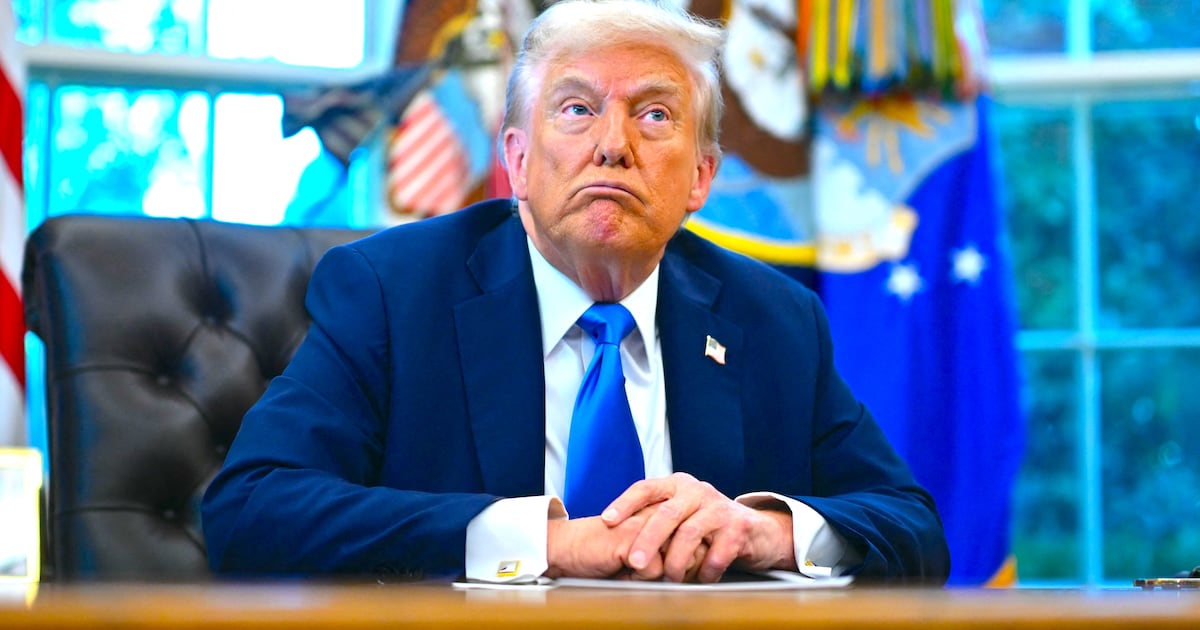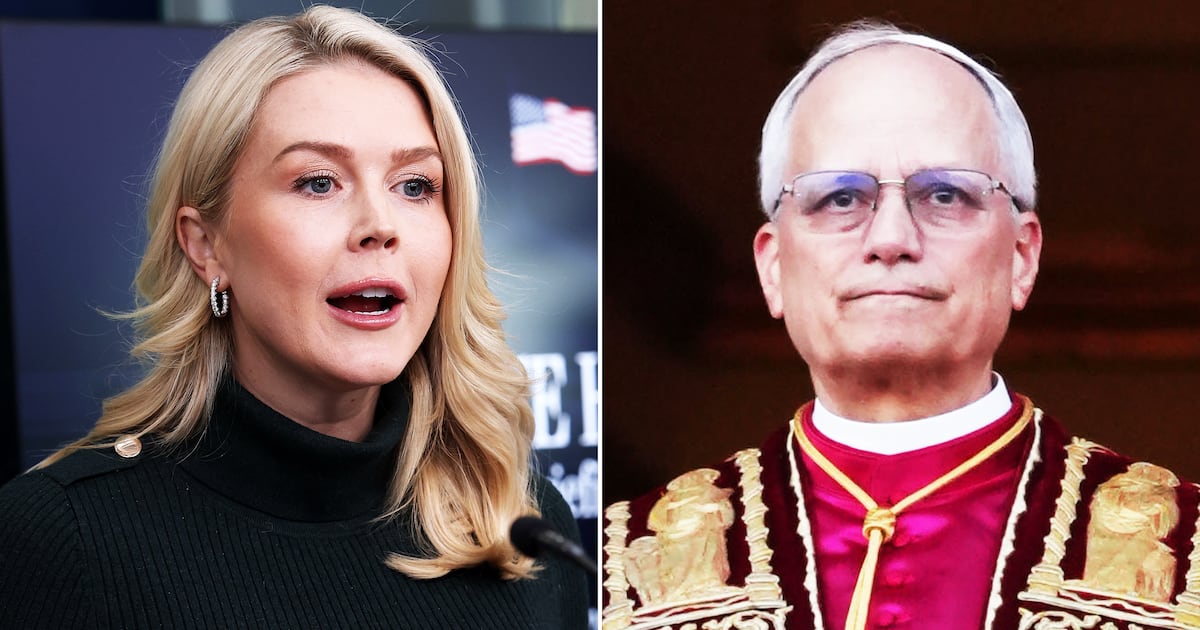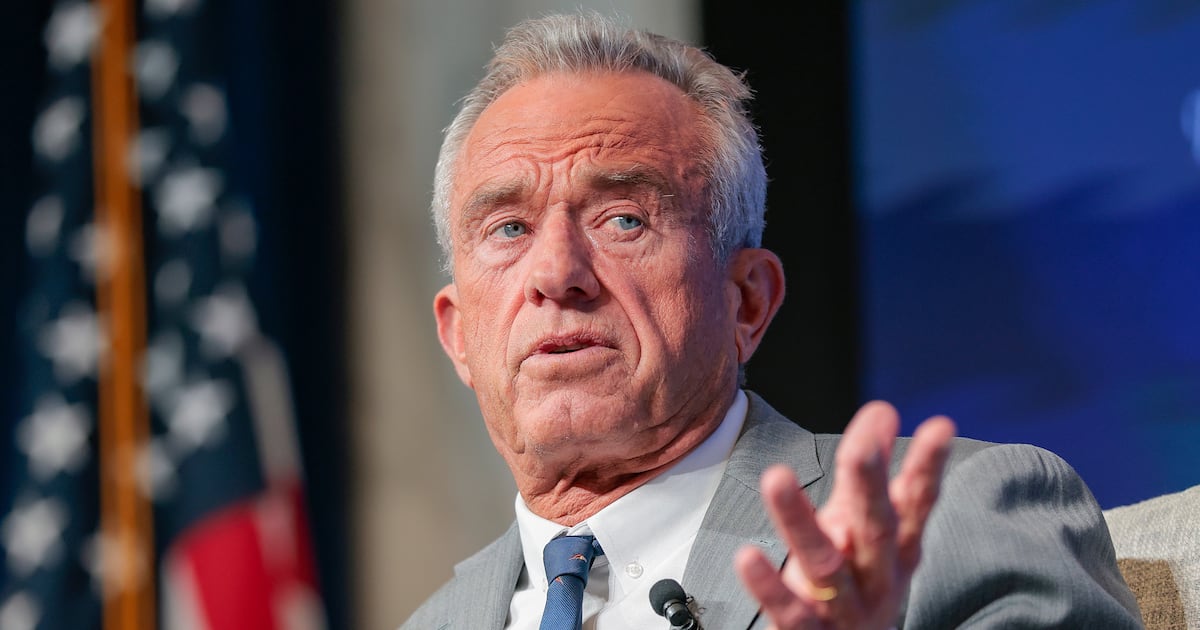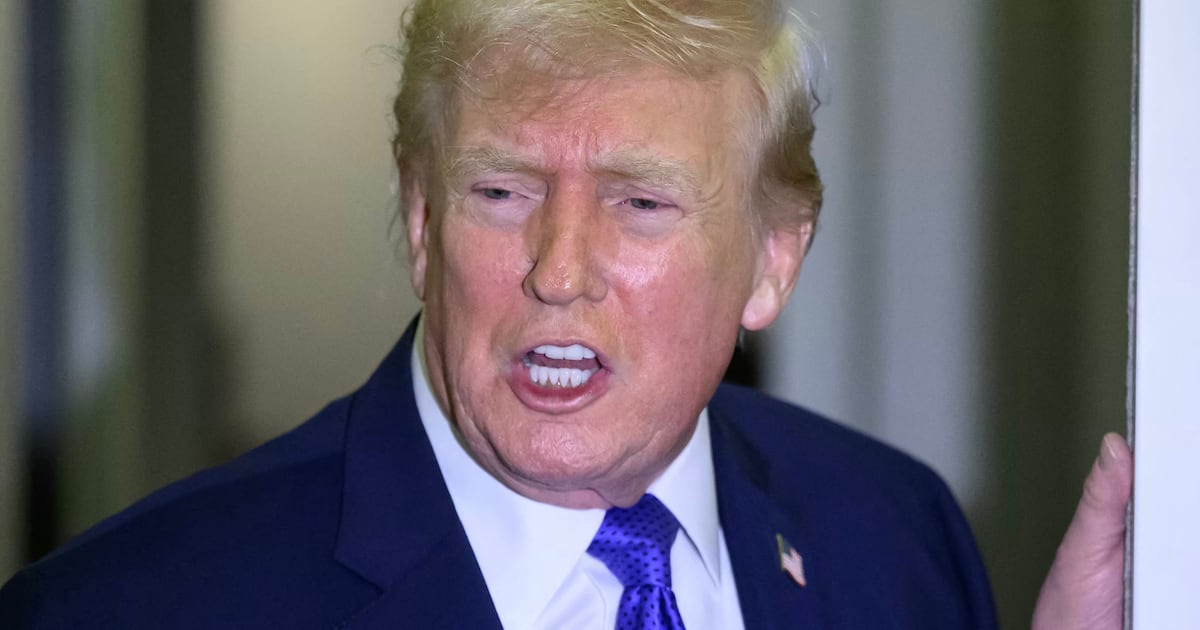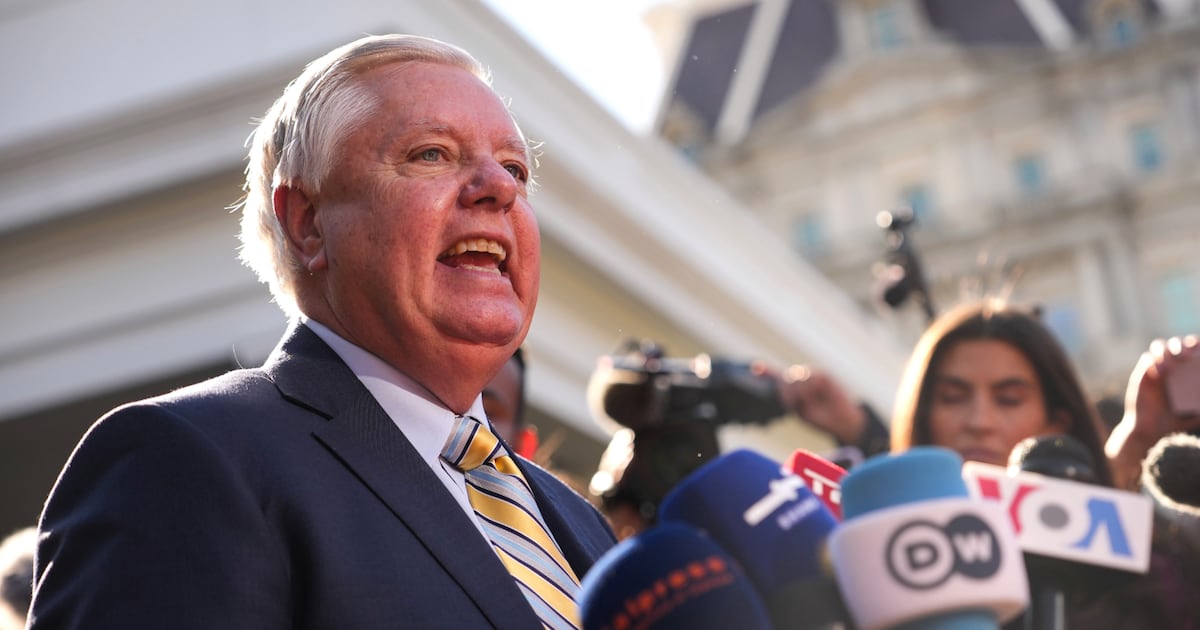
American women overwhelmingly believe they are being treated unfairly in the press, in the workplace, in politics, and in the armed forces, according to a poll by The Daily Beast of 1,000 U.S. voters. The poll comes on the heels of the first-ever presidential election with two high profile women candidates who ran but did not win.
For a race that was supposed to have broken the glass ceiling, it may just have shown women how hard and resistant that barrier really is. The poll, conducted for The Daily Beast by Penn, Schoen and Berland Associates, clearly documents what most casual observers identified as relatively favorable press treatment for male candidates like Obama and Biden versus an “anything goes” approach against the women running for office. In fact, the poll—which covered topics ranging from coverage of women’s appearances to the parodies of candidates on Saturday Night Live—shows sweeping skepticism about how women are viewed culturally, politically and in the workplace. Though women did not vote in large enough numbers for Sarah Palin’s side to prevail, they remain convinced she was not treated fairly by the media, and judged her treatment far harsher than even what Hillary Clinton received.
The heightened perceptions of how women were treated this cycle just may drive more votes by women for women next time around.
The poll’s key findings include:
- By an overwhelming 61% to 19% margin, women believe there is a gender bias in the media.
- 4 in 10 men freely admit sexist attitudes towards a female president. 39% of men say that a male is “naturally more suited” to carrying out the duties of the office
- Only 20% of women are willing to use the word “feminist” about themselves. Only 17% of all voters said they would welcome their daughters using that label.
- 48% of women thought Hillary Clinton received fair media treatment and only 29% believed Sarah Palin was treated fairly. In contrast, nearly 8 in 10 voters thought the press gave fair treatment to Barack Obama and Joe Biden.
- More than two-thirds of women said they were being treated unfairly in the workplace (68%)
The race appears to have crystallized attitudes among women that they face discrimination in almost all areas of private and public life. Women over 50, the first generation to have a majority in the workforce, see far more discrimination in every area of life than younger women. And when it comes to the armed forces, the poll shows a similar pattern of older and higher income women reporting the highest levels of discrimination against them. About 72% of women that they were being treated unfairly in politics—a perception that Hillary Clinton’s appointment as secretary of state, the third woman in that position, would likely do little to assuage.
The one area where women were split on their treatment is how they are being treated at home—with a slim plurality saying they feel they are equal (48/45).
Conversely, by nearly 2/1, men believe they are treating women equally at home, and they also rejected the idea that the press is biased against women. The men did agree that women are having a tougher time at work and in politics.
Both Hillary Clinton and Sarah Palin emerged as role models to women, while men saw only Hillary as a potential role model. 69% said Hillary’s campaign helped the chance we will one day have a women president while the voters were divided (37/43) on whether Palin helped that cause.
Michelle Obama also emerges as a role model, particularly for Democrats. Among those who say the future First Lady influenced their vote, the direction was overwhelmingly positive—60% say it made them more likely to vote for Barack Obama. Now that she is in the White House, Americans hope Michelle Obama will emulate Jacqueline Kennedy, and Democrats in particular also hope she will emulate the woman her husband beat in the primaries—Hillary Clinton.
For more perspectives on this poll, check out The Sexism Revival by Daphne Merkin and Will Secretary of State Be Enough for Hillary's Army? by Tina Brown
Voters reject the term and the category of being a “feminist,” with only 20% of women willing to use that word about themselves. Nor do they want their daughters to become feminists—only 17% of voters said they would welcome their daughters using that label.
But while “feminism” seems to connote a radicalism out of the mainstream, most women have very definite beliefs about the equality of the sexes. Older women believe by nearly 2/1 that when given an equal opportunity, women will succeed at whatever they do. Younger women agree but more of them (43%) feel that men and women have different strengths and weaknesses in what they can do well.
When it comes to politics, 85% of women feel strongly that a female president would definitely bring some good qualities that are lacking in most male candidates. They say it is time to elect a women president, believing such a victory will serve as a role model for the next generation. Not surprisingly, women completely reject the idea that a women president would be too emotional and end up crying in the Oval Office.
But 4 in 10 men freely admit sexist attitudes towards a female president. 39% of men say that a male is “naturally more suited” to carrying out the duties of the office. Almost equal numbers doubted that a women would be strong enough to carry out the job of Commander in Chief.
Voters believe that both men and women candidates should talk about their families and their children on the stump, but most think it would be harder for a single mom (rather than a single dad) to run for president and win.
All Americans, and particularly women, are exercised over the treatment of women in politics and the press. By an overwhelming 61% to 19% margin, women believe there is a gender bias in the media. While women thought that Barack Obama and Joe Biden received fair media treatment, only 48% thought Hillary Clinton did and only 29% believed Sarah Palin was treated fairly. In contrast, nearly 8 in 10 voters thought the press gave fair treatment to Obama and Biden.
So the media had a huge opportunity this fall to overcome these perceptions of bias, and it seems they failed the test —especially with the older generation. Women over 50 said Palin was asked questions and subjected to unfair comments by a remarkable 2/1. They are more likely to recall stories being written about Palin’s hair and clothes than Obama’s healthcare plans.
Despite the large volume of stories about the appearance of the candidates, 70% of women think those topics are not fair game for discussion.
Saturday Night Live parodies of Palin and Hillary were seen by more than half the voters and most thought they were fair rather than being too hard on them.
What will women do now? The poll suggests that there is tremendous potential for an expanded, revitalized, and updated women’s equality movement. Certainly there would be considerable support for boycotts of news stations that carry sexist commentators or generally cover women unfairly. We may see an increase in sex discrimination suits in the workplace, especially if there are significant layoffs and employers let go of more women than men. Barack Obama frequently referenced his support for equal pay legislation, and women will be looking for him to make good on that campaign promise.
The next time a woman runs for office she will be better prepared to deal with discrimination in the media. In this campaign, Chris Matthews sharply criticized Hillary Clinton and didn’t apologize until late in the game. Next time such an apology is likely to happen swiftly and immediately as women candidates set up media watchdog brigades to force the media to give them more equal treatment.
Women remain less than 20% of the U.S. Senate while they are now a majority of those in college, a majority in law schools, and a majority of the voters. Led by an older generation that is harshly disappointed and impatient for equality in all areas of life, women may well next time show greater solidarity with women running for office. While 95% of African Americans voted for Barack Obama, far fewer women voted for Hillary Clinton or Sarah Palin. The heightened perceptions of how women were treated this cycle just may drive more votes by women for women next time around.


